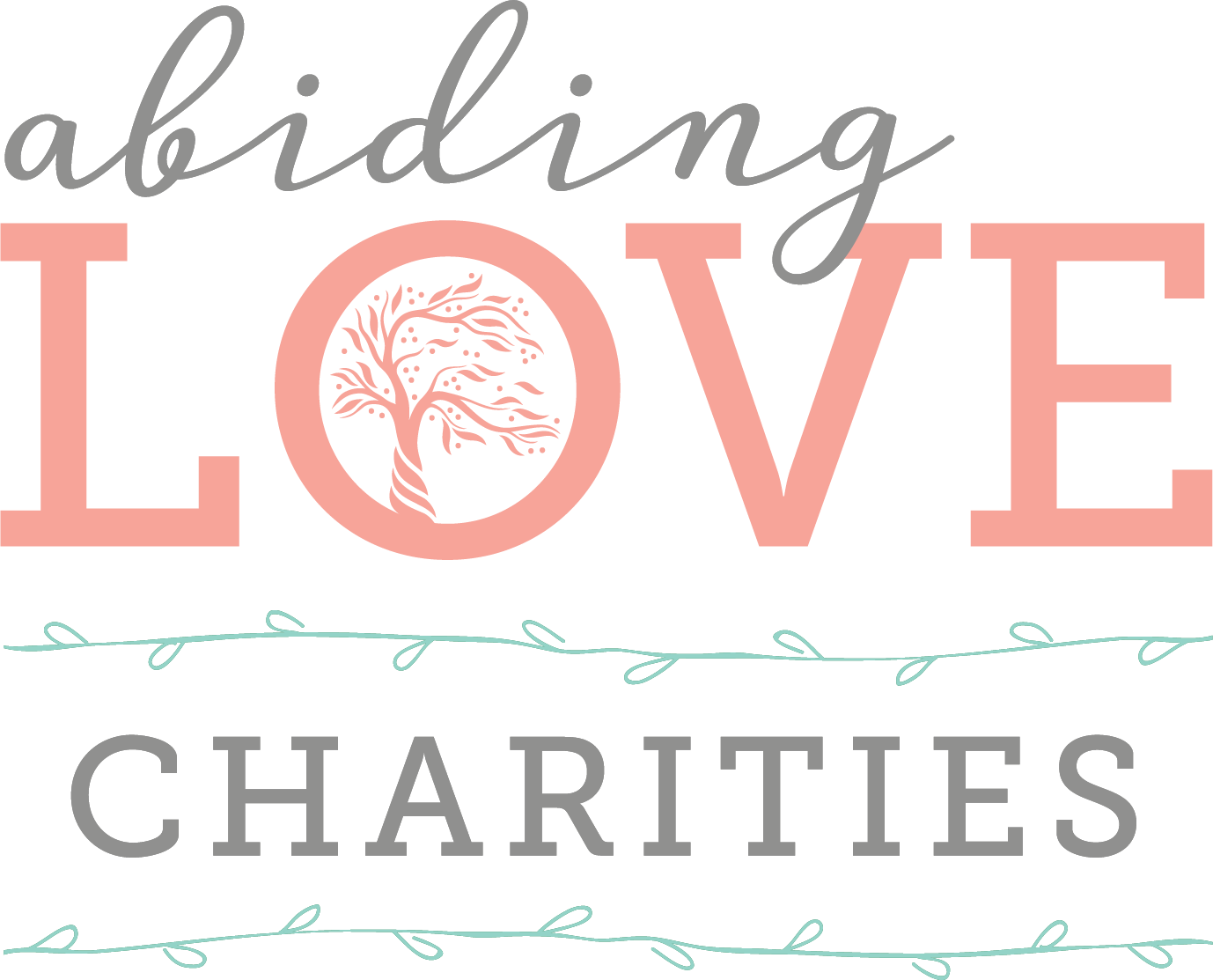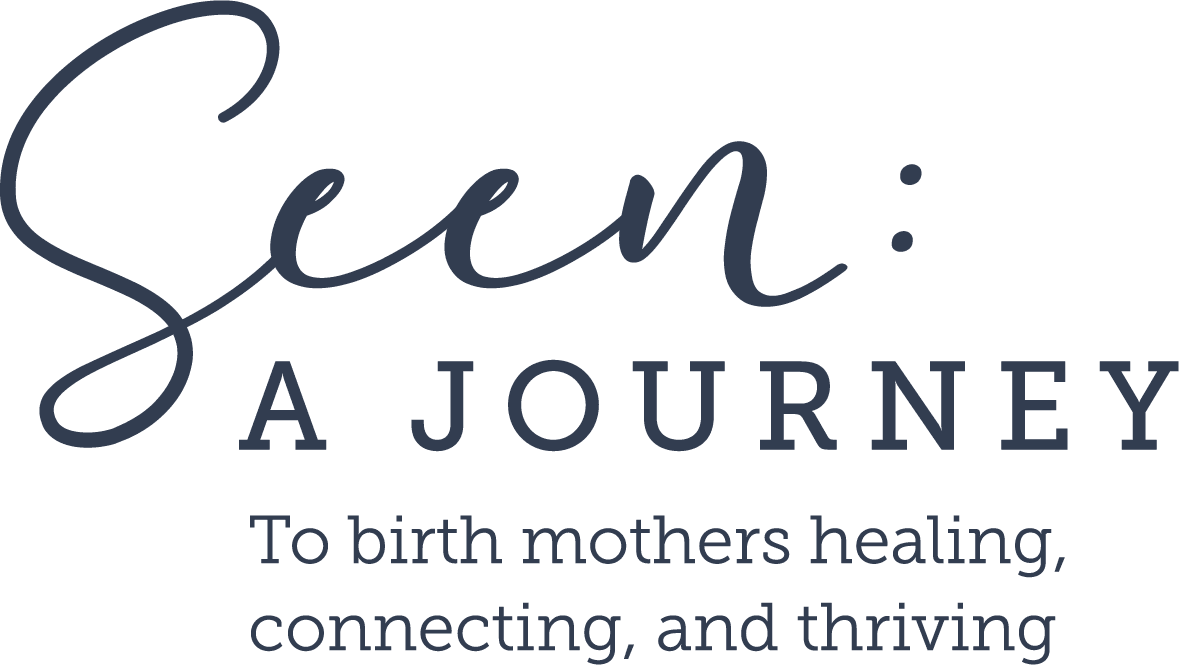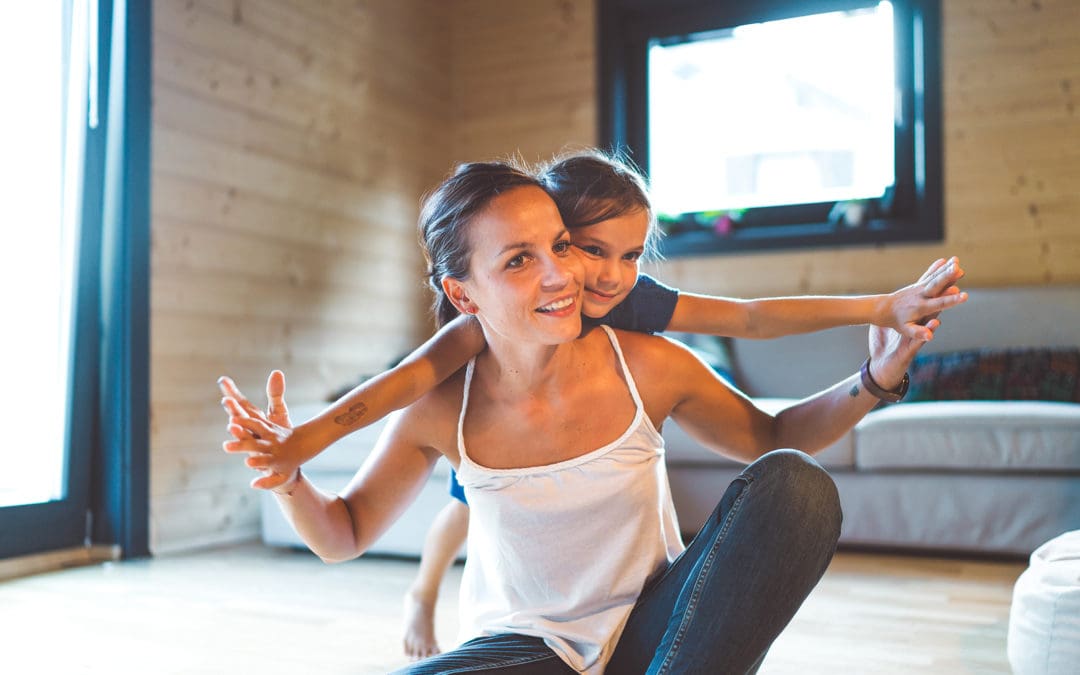The Thomas Jefferson School of law defines freedom as, “The state of being aware of one’s own place in the world, taking responsibility for it, and deciding for one’s self how best to act: striving for authenticity.” As an adoptive parent, striving for authenticity and growth is an ever-present state of mind. It is odd to think of the need for freedom in open adoption as an adoptive parent. Free from what? Or from who?
Perhaps, the answers lie in the acknowledgement that we repress and confine ourselves in our roles as parents. We tell ourselves and believe the lie that if they call her ‘Mom,’ then who am I? If I share my child, my title, my time with my child’s birth family, then are they really my child?
Freedom In An Open Adoption Means Less Control
True freedom is realizing that I am Mom and so is she, and there is nothing that her presence or existence takes away from my experience as a parent. We have the freedom to take off the chains that hold us back from accepting open adoption without fears.
Let’s revisit the quote from earlier. What is my place in the world? Well, as it pertains to adoption, my place is as a mother. To be loving and fighting for what is best for my child. My place is to encourage healthy development and growth in my child. I am responsible for how he perceives his birth family and how he views the world. I am responsible for fostering the relationship and bond between my child and his birth family. My responsibility dictates to me that seeking an authentic relationship with his birth family for myself allows me to better equip my son for his own relationship with them when the time comes.
I have the freedom to do as much or as little as I want to nurture my son’s relationship with his birth family and his view of adoption. But it must also be my choice to pursue that as much as I possibly can. Just because I have the freedom to do or not do it doesn’t mean I can just ignore it altogether.
Freedom in open adoption is not merely being free to do something, it is a pricy endeavor. Just as our spiritual freedom was purchased by the blood of Jesus and our physical freedom by our nation’s military; so too must we realize that our freedom to be an active part of the triad comes at a great cost. The cost of our child and his birth mother’s trauma and heartache. As the least traumatized of the triad, we have a responsibility to acknowledge and support the other members of the triad as they walk through their trauma and grief. We ought to encourage open dialogue, counseling, and any therapies or group mentoring that they may need.
Freedom In Letting Go From Societal Norms About Adoption
Let’s not forget the societal pressures to compare ourselves to others at every turn. In this era of social media, we are constantly presented with the “best” and “perfect” to compare ourselves to. Being the mom who has it all together with perfectly curated meals and age-appropriate crafts and activities for their child scheduled for every moment of every day seems so appealing. What is presented on social media is not a reality, and we should find contentment in our own parenting journey with freedom from comparing ourselves to what does not exist: The perfect parent.
What does freedom from comparison allow us to feel? Affirmed in our position in our child’s life without the comparison of shared “mom” or “dad” title. Affirmed as just as much a parent as any of our friends who birthed their children. When we free ourselves from comparing every other family, we see to the invisible standard we hold in our mind. We can truly experience freedom in open adoption as parents.
Letting The Adoptee Have Freedom In Their Adoption Story
Paul tells us in Second Corinthians, “Now the Lord is the Spirit, and where the Spirit of the Lord is, there is freedom.” Let us, therefore, embrace His Spirit in our lives, and pursue true freedom in Christ. The type of freedom that delivers us to be the greatest version of ourselves for our children and for their birth families. Checking our reactions, interactions, attitudes, and posture when it comes to our children is critical to having our healthy, adoptee centered, adoption story.
When your child approaches you in a week, a year, or maybe 10 years from now will they be asking for information, relationship, and growth with their birth family? Or will they be confident in their identity and be equipped to navigate their life in the light of who they are? Our responsibility is not to our own feelings, but to the health and well-being of our children. Let us go forth in that freedom and give our children all that we can in open adoption!


